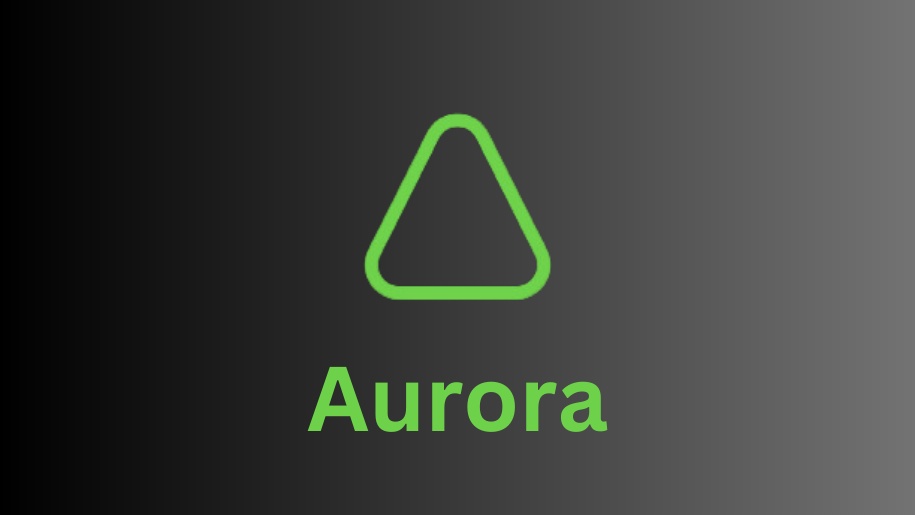Data security is of paramount importance in today's digital landscape. As businesses increasingly rely on cloud-based database solutions, it becomes essential to understand the security features and measures implemented by providers. In the case of Aurora Node, Amazon Web Services (AWS) has placed a strong emphasis on ensuring robust security to protect user data. In this article, we will explore the security features and measures in Aurora Node and how they contribute to safeguarding your valuable data.
Encryption at Rest and in Transit:
- Aurora Node provides strong encryption mechanisms to protect data both at rest and in transit. Data at rest is automatically encrypted using AWS Key Management Service (KMS) keys. This ensures that even if unauthorized access occurs, the data remains encrypted and unusable without the appropriate decryption keys. Additionally, data in transit is encrypted using secure communication protocols such as SSL/TLS, protecting data as it travels between the database and client applications.
Secure Network Isolation:
- Aurora Node employs Virtual Private Cloud (VPC) technology to provide network isolation and segmentation. Each Aurora instance is launched within a VPC, allowing fine-grained control over network access. Access to the database can be restricted using security groups and network ACLs, ensuring that only authorized entities can communicate with the database. This helps prevent unauthorized access and protects against potential network-based attacks.
Access Control and Authentication:
- Aurora Node integrates with AWS Identity and Access Management (IAM) to enforce granular access control policies. IAM allows administrators to define and manage user roles, permissions, and access privileges. This ensures that only authorized individuals or applications can interact with the database. Additionally, Aurora Node supports integration with external authentication mechanisms such as Active Directory, enabling centralized user management and strengthening authentication processes.
Database Auditing and Logging:
- Aurora Node provides comprehensive logging and auditing capabilities to track and monitor database activities. The database engine logs events such as connection attempts, SQL statements, and error messages, which can be invaluable for forensic analysis and troubleshooting. These logs can be integrated with AWS CloudTrail and Amazon CloudWatch for centralized monitoring and alerting, enabling proactive detection of security incidents or anomalous behavior.
Automated Backups and Point-in-Time Recovery:
- To protect against data loss and provide data recovery options, Aurora Node offers automated backups and point-in-time recovery (PITR) capabilities. Automated backups ensure that database snapshots are taken regularly, while PITR allows users to restore the database to a specific point in time within the retention period. This not only provides data resiliency but also safeguards against data corruption or accidental deletions.
Security Patching and Updates:
- AWS actively monitors and addresses security vulnerabilities in Aurora Node by regularly releasing security patches and updates. These updates address known vulnerabilities and ensure that the database engine is protected against emerging threats. AWS also provides notifications and guidelines for customers to apply these updates in a timely manner, enabling them to stay ahead of potential security risks.
Compliance and Certification:
- Aurora Node adheres to various industry standards and compliance frameworks. AWS undergoes rigorous third-party audits and certifications, including SOC 1, SOC 2, ISO 27001, and PCI DSS. Compliance with these standards ensures that Aurora Node meets strict security requirements and provides customers with the assurance that their data is protected according to industry best practices.
Conclusion:
Aurora Node prioritizes data security by implementing a comprehensive set of features and measures. From encryption at rest and in transit to secure network isolation, access control, auditing, automated backups, security patching, and compliance certifications, AWS has built a robust security framework for Aurora Node. By leveraging these security features and adhering to recommended best practices, businesses can confidently utilize Aurora Node as a secure and reliable database solution, ensuring the protection of their valuable data in today's ever-evolving threat landscape.


No comments yet